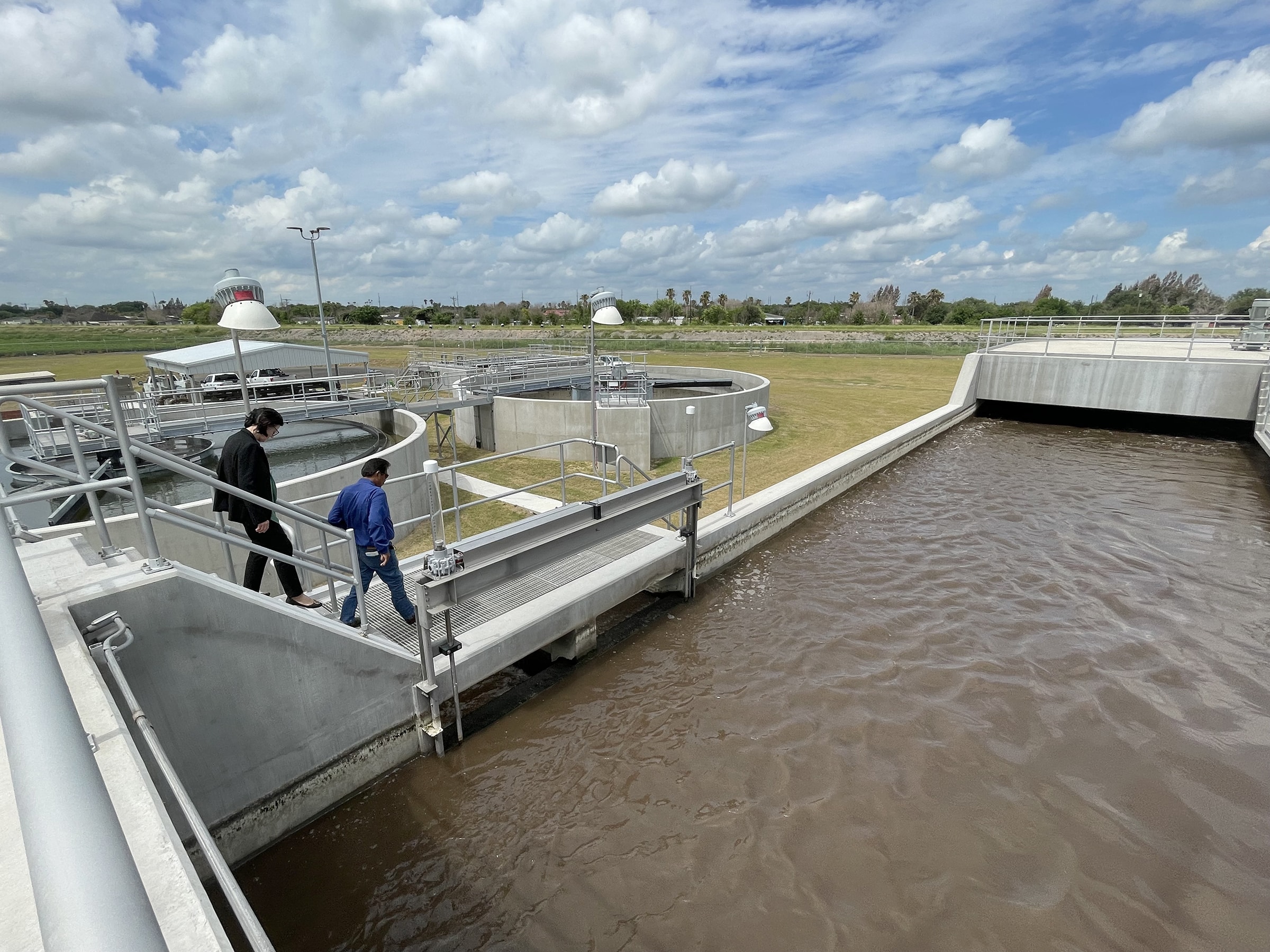|
Only have a minute? Listen instead
Getting your Trinity Audio player ready...
|

A lot of infrastructure funding is available for desperately needed water and wastewater infrastructure maintenance and water treatment and delivery systems. But for small and rural communities this money can be out of reach, even though there are funds specifically set aside for them.
Applying for federal funding is one thing. Getting it, managing it and accounting for it is another. Small and rural communities lack the essential, baseline, starter resources necessary to go after and then manage the funds. The good news is that the American Rescue Plan Act can be leveraged. And the ARPA funds can be used to hire qualified consultants to assist you from application through audit.
More funding is available through the Investment and Jobs Act. These funds are specifically allocated for small, rural and indigenous communities. While ARPA funds are simply allocated to state and local governments, IIJA money is competitive. That means communities with “shovel-ready” projects may be at the front of the line. Texas also offered attractive funding sources, and is considering adding a few more.
Now is the time for Texas small and rural communities to obtain funding and advance their much-needed water infrastructure needs. The keys to funding are collaboration and cooperation.
By collaborating with other communities and other utilities, small and rural communities can be more competitive. Costs can be spread across a larger customer base. Before you choke on your coffee, know that there is a mechanism to allow utilities of any size to collaborate in such a way that they maintain control of their individual systems, while part of a collaborative platform.
In Texas we’re taking a hard look at government utility authorities. These can be organized in a variety of ways, depending on the goals, resources and plans of the member governments. Yes, we have special-purpose district and public utility agencies, but a GUA is a step above. The best part: A government utility authority can be a dispersed entity, meaning communities don’t necessarily have to be co-located or adjacent for this to work.
For example, the Florida Governmental Utility Authority contains 97 systems in 14 counties serving 120,000 customers. Most of these are small and rural systems, but they are under the big umbrella of FGUA. The FGUA has been operational for 25 years. The size of FGUA has changed over the years as member governments have decided to withdraw, which is always an option. Other governments have sold all or part of their systems to FGUA, taking cash out for the general fund. The bottom line is that a GUA is a tool to effectively manage resources, compete for funding and collaboratively gain economies of scale.
It’s not just the federal agencies that like utilities working together; state governments also appreciate cooperation over competition or in a worst-case scenario, conflict. Cooperation also reduces costs for everyone as compared with everyone going it alone.
In Texas and across the U.S., communities, water managers, utilities, businesses and farmers have an ever-increasing need for water. Finding new water (think alternative supplies) and finding new, affordable ways to develop, store and deliver it are a priority. Water conservation is also a priority. With unpredictable weather, we must consider where we are and where we want to be in terms of water security. We want water to be safe, sustainable and environmentally friendly. We want it to be affordable. Small, rural and indigenous communities deserve nothing less.
For more information visit WaterWorks4Texas.com.
Carlos Rubinstein is former chairman of the Texas Water Development Board, commissioner of the Texas Commission on Environmental Quality and city manager of Brownsville. Robert Sheets is a respected authority on topics related to local government management and community investment and enhancement.



